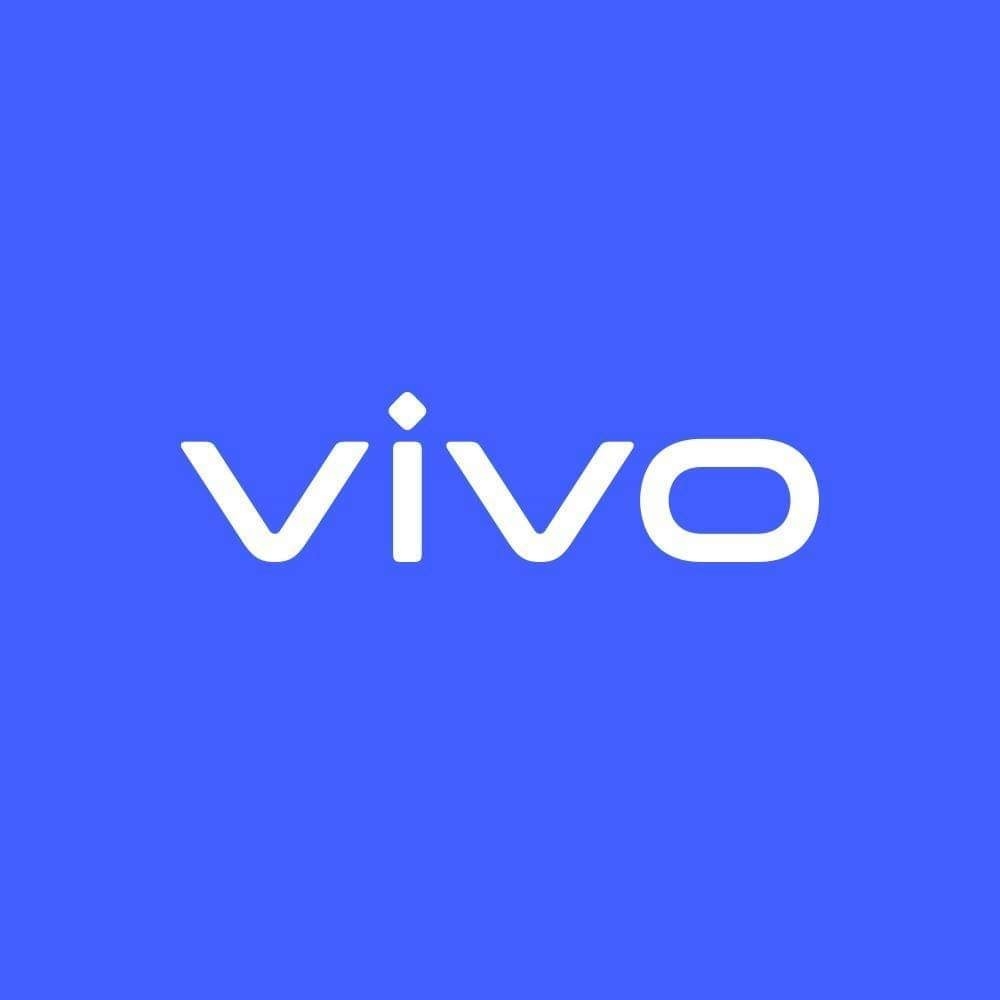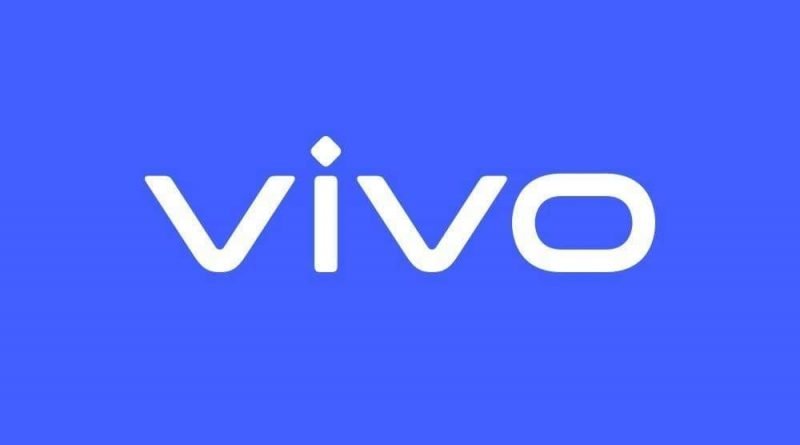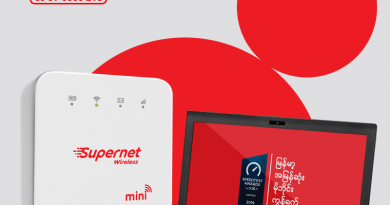vivo Communications Research Institute releases 6G series white papers for a look into digital life after 2030
The vivo Communications Research Institute recently released 2 white papers, 6G Vision, Requirements and Challenges, and Digital Life 2030. In Digital Life 2030, the Institute looks into possible scenarios for digital life in the 2030s. Another white paper offers a preliminary view of the vision for 6G and its goals while analyzing the potential challenges of networks and terminals.
Industry experience shows that the replacement cycle of mobile communication restarts every 10 years. It is expected that 6G will be launched around the year 2030. The 5G network has faster and wider connections with fewer delays than 4G.
“The 6G era is still a decade away, so it’s very difficult to give concrete answers right now,” said Qin Fei, head of the vivo Communications Research Institute. “However, as the core features of 4G and 5G are connection and digitalization, we can say with confidence that the core features of 6G will be connection+ and digitization as well as intelligence.”  Photo Source https://www.facebook.com/vivomobileMM
Photo Source https://www.facebook.com/vivomobileMM
Qin emphasized that 6G won’t simply be equal to 5G+AI technology. Instead, 6G will integrate more radio access technologies, cover a wider physical space, and provide stronger basic capabilities such as communication, computing, storage, and data, and support ICDT convergence services.
Ten years later, what changes will 6G and other ICTs bring to people’s lives? In the first half of 2020, the vivo Communications Research Institute held an event titled “Imagining Digital Life in 2030” to collect 6G application scenarios. The event was a huge success, drawing more than 800 works from college graduates, and from over 20 digital experts and media professionals. To make the scenario predictions more realistic, the Institute studied forecast reports of related industries for 2030 and development plans of multiple government institutions for the next 10 years. Their discoveries and a final summary of their work were incorporated into the white paper < Digital Life 2030.
In this white paper, the Institute analyzed the projected development trends for 11 aspects closely related to people’s lives for 2030 and beyond and then presented more than 20 vivid scenario use cases. These cases included 60 creative designs of products and services, giving consumers and technicians a vivid image of digital life in 2030 and beyond.
As the world’s leading mobile phone brand, vivo has closely followed the evolution of cutting-edge technologies in the communications industry and the development of 5G standards. vivo is the leader in 5G development and a fervent advocate of the new technology. As early as 2016, vivo stepped up its efforts in 5G planning and investment and established an R&D center of 5G core technology and standardization.
As of October 2020, vivo has applied for more than 2,000 5G patents and submitted more than 4,000 5G proposals to the 3GPP organization. Also in October 2020, vivo and ZTE completed a millimeter-wave field test organized by the IMT-2020 (5G) promotion group in Beijing.  Photo Source https://www.facebook.com/vivomobileMM
Photo Source https://www.facebook.com/vivomobileMM
The forward-looking strategy and consistent investment of vivo have allowed the company to make remarkable progress in the research and development of 5G standards and core technologies. vivo is one of the important contributors to global 5G technology. In the 5G mobile phone market, vivo is committed to providing consumers with a growing range of 5G mobile phones and an improved 5G experience. As proof of its commitment, vivo has developed a family of 19 phones with 5G support covering all price points. The new phones offer more choice for consumers and will accelerate the mainstream use of 5G.
“The 6G vision we describe is the freely connected fusion of the physical and digital worlds,” said Qin Fei. “As a mobile phone brand, vivo aspires to become the bridge connecting those two worlds.” In the future, vivo will continue to focus on information consumption terminals and provide smart products and intelligent services to meet the needs of consumers’ digital life.






